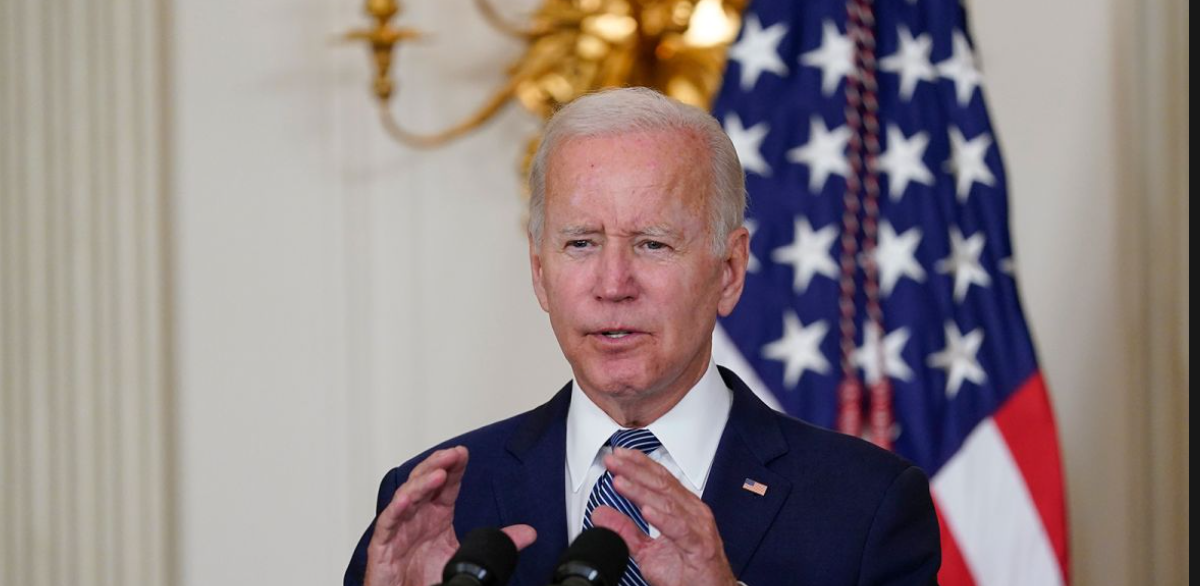
President Biden on Wednesday announced he’s canceling $10,000 in student debt for Americans making under $125,000 a year, fulfilling a campaign promise and garnering criticism from across the political spectrum.
Loan forgiveness was one of Biden’s campaign promises, writing in March 2020 that his economic recovery plan included “an immediate cancellation of a minimum of $10,000 of student debt per person.” In late May, the Washington Post reported that the administration was set to cancel the same amount of debt for Americans making under $150,000, but the White House denied that report at the time.
Per the details of the plan released by the administration, borrowers will have to pay no more than 5% of their discretionary income monthly on undergraduate loans, down from 10%, and will have their unpaid monthly interest covered as long as they’re making payments. It will also forgive loan balances after 10 years of payment for those with balances of $12,000 or less, down from 20 years. While the individual cap is $125,000, households earning under $250,000 will also be eligible. Current students will also be eligible, based on their parents' income.
Additionally, Pell Grant recipients making under $125,000 will be eligible for an additional $10,000 in forgiveness. Biden also announced he will extend the moratorium on student debt payments through the end of the year — past November’s midterm elections. The current pause, which was put in place at the beginning of the pandemic, is set to expire on Aug. 31.
The progressive wing of the Democratic Party, as well as Senate Majority Leader Chuck Schumer and Sen. Raphael Warnock, D-Ga. — who faces a tough reelection bid this fall — were among those pushing for Biden to forgive $50,000 per borrower. Throughout the public and private pressure campaign, the White House has touted its efforts to help with student loan debt through its work with the Public Service Loan Forgiveness and the Income-Driven Repayment programs.
Senate Majority Leader Sen. Chuck Schumer, center, accompanied by, from left, Rep. Mondaire Jones, D-N.Y., Rep. Alma Adams, D-N.C., Rep. Ilhan Omar, D-Minn., Sen. Elizabeth Warren, D-Mass., and Rep. Ayanna Pressley, D-Mass., speaks at a news conference on Capitol Hill on Feb. 4, 2021, about plans to reintroduce a resolution to call on President Biden to take executive action to cancel up to $50,000 in debt for federal student loan borrowers. (Andrew Harnik/AP)
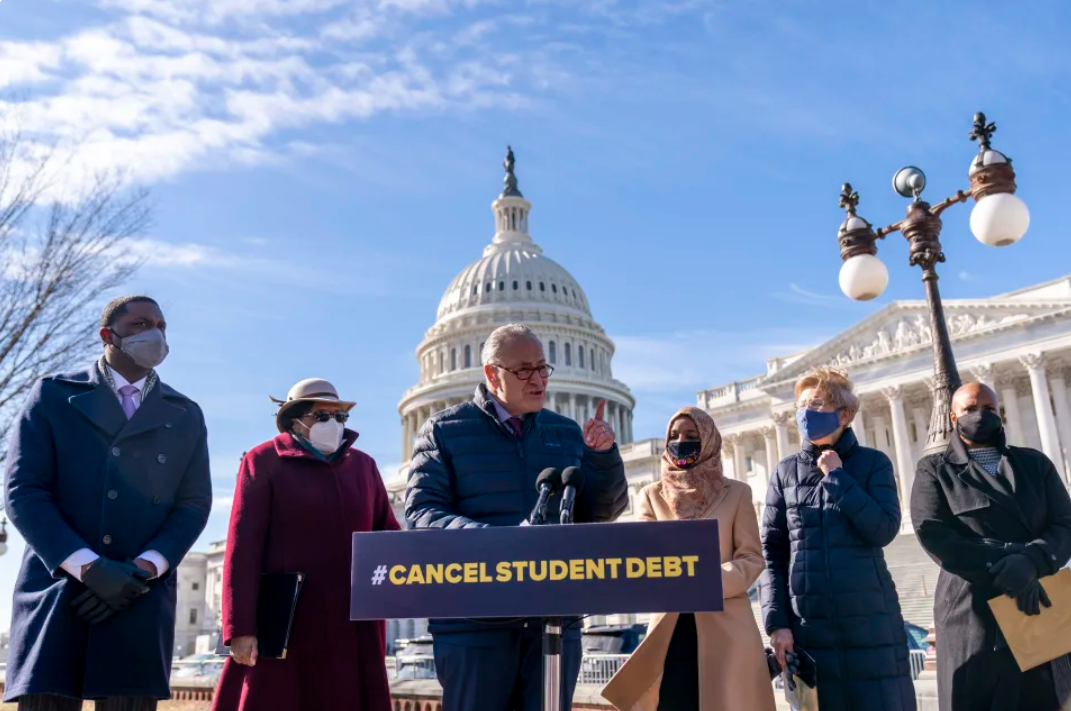
According to an April report from the Federal Reserve Bank of New York, the “forgiveness of $10,000 per borrower would forgive a total of $321 billion of federal student loans, eliminate the entire balance for 11.8 million borrowers (31.1 percent), and cancel 30.5 percent of loans delinquent or in default prior to the pandemic forbearance.” However, means testing in this fashion could end up excluding low-income Americans who do not file taxes but still have student loan debt, as well as creating potential issues with the Education Department lacking access to tax data.
The move is seen as an attempt to earn the support of young voters, with whom Biden saw his approval rating plummet earlier this year, particularly those who are Black and Hispanic, as action on issues like climate and marijuana legalization stalled. Many Democrats have urged the president to take action on student loans, calling it a moral and political obligation. Writing in the New York Times in April, Sen. Elizabeth Warren, D-Mass., said that student loan debt cancellation was an issue that could help Democrats in November.
Sen. Elizabeth Warren, D-Mass., gestures during a town hall style meeting, Monday, June 27, 2022, in Randolph, Mass. (Charles Krupa/AP)
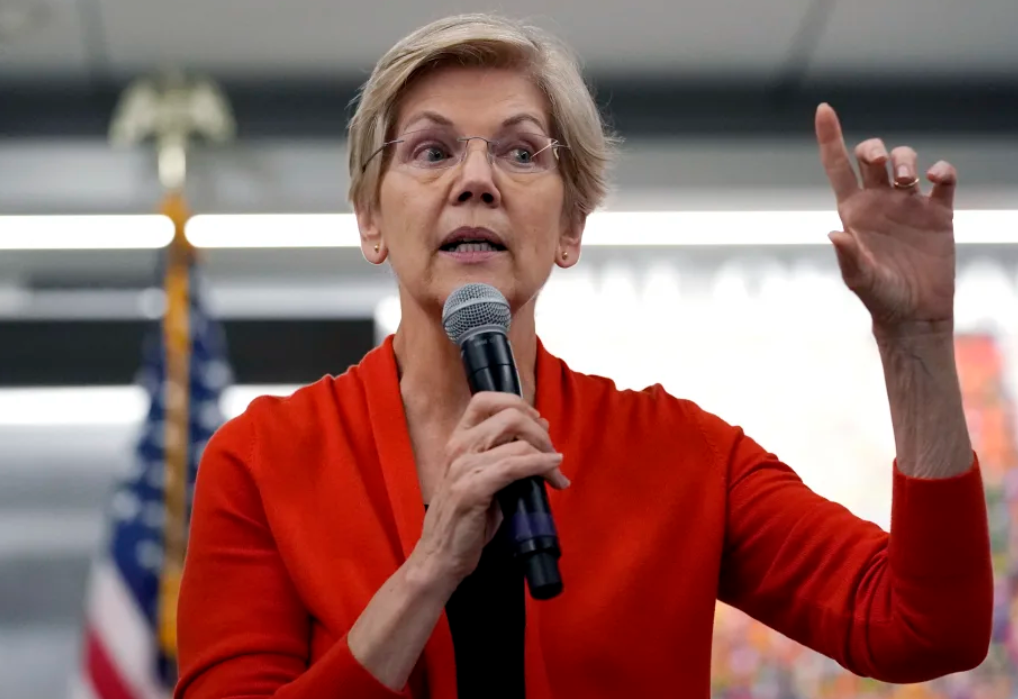
“Doing so would lift the economic outlook for too many borrowers who still weren’t able to get a college diploma, for the millions of female borrowers who shoulder about two-thirds of all student loan debt, and for Black and Hispanic borrowers, a higher percentage of whom take on debt to attend college compared to white students, and have a harder time paying it off after school,” wrote Warren. “With the stroke of a pen, the president could make massive strides to close gender and racial wealth gaps.
“Democrats cannot bow to the wisdom of out-of-touch consultants who recommend we simply tout our accomplishments,” Warren concluded. “Instead, Democrats need to deliver more of the president’s agenda — or else we will not be in the majority much longer.”
The plan has faced opposition from Republicans, who have said it’s unfair to those who paid off their loans and is potentially dangerous to inflation, although student loan payments have been paused since early 2020. The Republican National Committee was already attacking the plan as a “handout to the rich” earlier this week.
“President Biden’s student loan socialism is a slap in the face to every family who sacrificed to save for college, every graduate who paid their debt, and every American who chose a certain career path or volunteered to serve in our Armed Forces in order to avoid taking on debt,” Senate Minority Leader Mitch McConnell, R-Ky., said in a statement. “This policy is astonishingly unfair.”
The proposal has managed to draw blowback from some on the left for not going far enough. Derrick Johnson, president of the NAACP, has criticized the $10,000 proposal as “bad public policy and a devastating political mistake.”
“We are fed up,” Johnson wrote in an op-ed for CNN released on Wednesday. “The NAACP has been calling for a minimum of $50,000 in student loan debt cancellation because our research indicates it is what is necessary to make a meaningful difference. The goal should be to see the most amount of relief for the highest number of borrowers.”
It's been a consistent criticism from Johnson, who said in May that “canceling $10,000 in student loan debt is like pouring a bucket of ice water on a forest fire.” After the last extension of the pause on student loan payment collections in April, Johnson issued a statement saying, “President Biden, this is a racial justice issue, it is an economic justice issue, it is a moral issue. Canceling $50,000 is the single best way you can drastically reduce the racial wealth gap, all with the stroke of a pen.”
By: Christopher Wilson
YAHOO News -Senior Writer
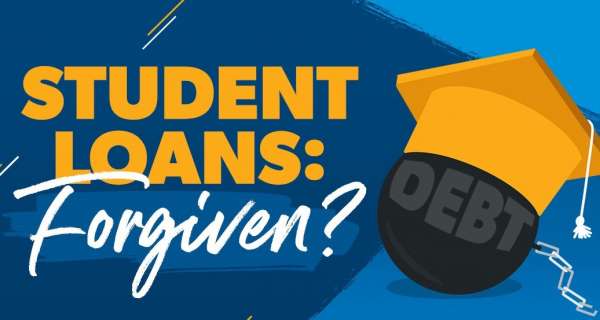


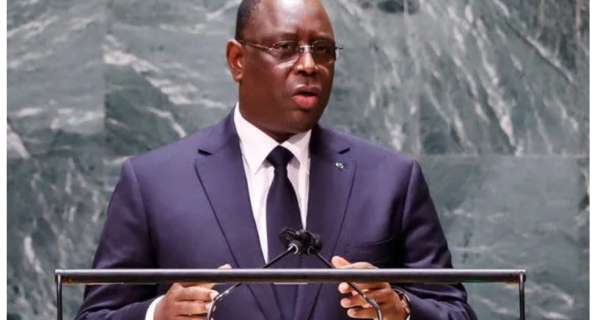

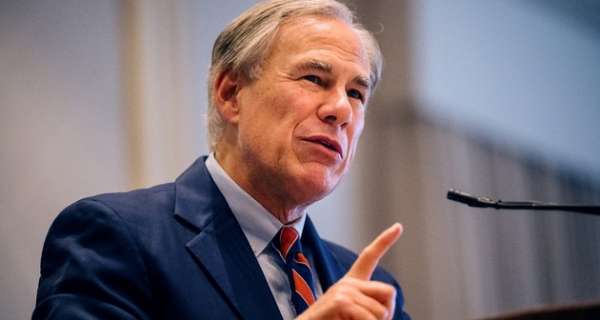
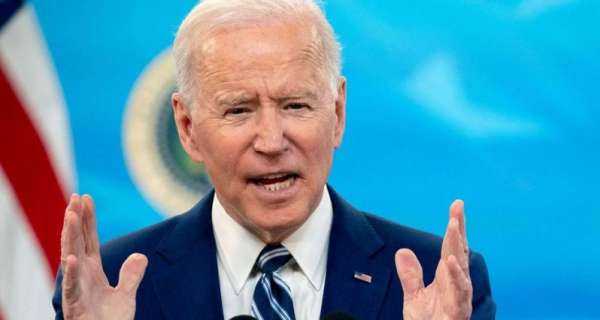





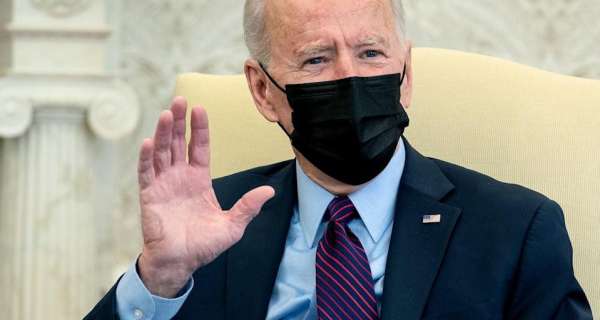

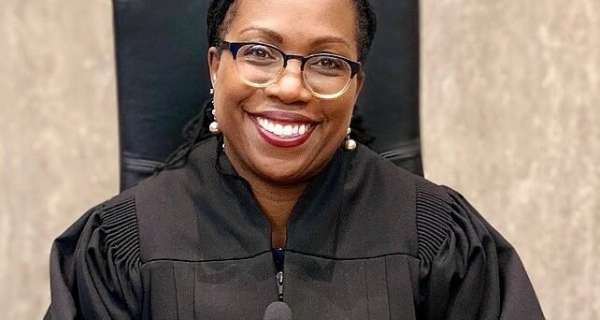

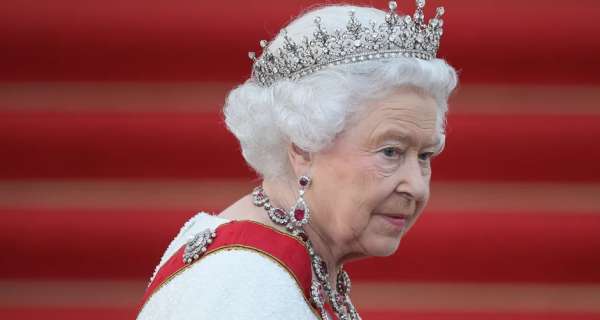
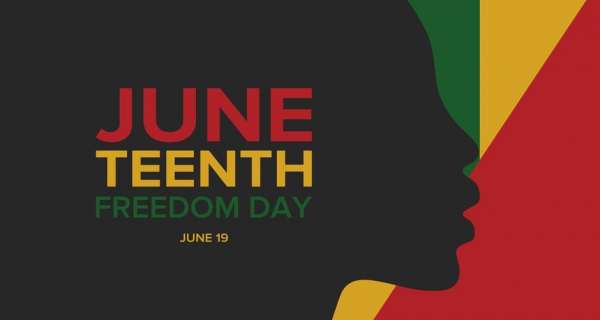
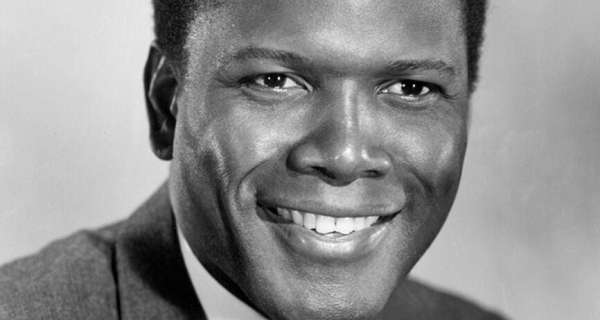

0 Comments